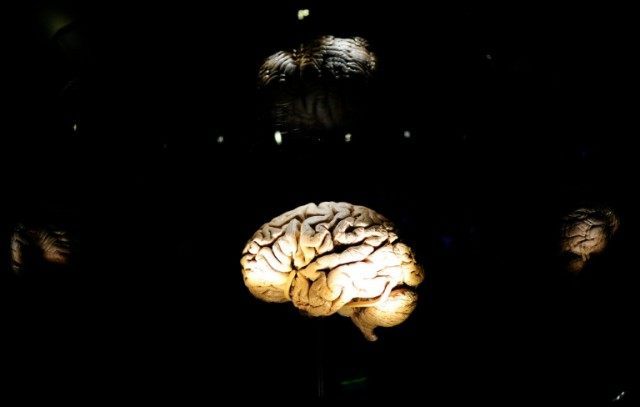Two collaborating biotech companies have been given permission to execute a groundbreaking and highly controversial brain reanimation project.
Every year, over 60 million people are declared legally deceased due to brain death — the complete and irreversible loss of brain function, including involuntary activity necessary to sustain a living organism. Unlike humans, however, studies have found that amphibians, planarians and some fish have the unique capability of repairing, remodeling, and regenerating portions of their brain and brain stem, even after sustaining life-threatening trauma.
Additionally, further studies show a unique relation between non-human complex brain regeneration and memory storage. Such advancements in biomedical science have opened a new medical frontier — one that will be explored by Bioquark Inc. and Revita Life Sciences in their newly approved Reanima Project with the hope of discovering “biomedical interventions for brain death utilizing the most cutting edge neuro-regeneration and neuro-reanimation technologies available.”
“We are very excited about the approval of our protocol,” said Bioquark CEO Ira Pastor.
“We are repeatedly told through the medical establishment that brain death is ‘irreversible’ and should be considered the end of the line,” Pastor said. “Or is it? Have we come to a technological point where we are able to ‘push the envelope’ to see if this is truly the case? With the convergence of the disciplines of regenerative biology, cognitive neuroscience, and clinical resuscitation, we are poised to delve into an area of scientific understanding previously inaccessible with existing technologies.”
The first trial of the Reanima Project will be held in India and will consist of monitoring 20 brain-dead individuals as they are given a combination of treatments meant to stimulate the patients’ central nervous system in order to restart their brains. Because the CNS is bioelectrochemical — in layman’s terms, the body creates chemicals called neurotransmitters that send electrical signals through the body — neurons will respond to electrical stimulation, even when a person is comatose.
However, when brain death occurs, neurons start degenerating. To reverse brain death, the Reanima team will have to regenerate those dying neurons. In addition to nerve stimulation techniques and chemical infusions to the upper spinal cord, which controls lung and heart functions, the research team will directly inject stem cells into the brain. As unspecialized cells, stem cells have the remarkable ability to regenerate, developing into a host of different cell types, as well as dividing and replenishing themselves through cell division — even after extended periods of inactivity.
According to Pastor, who is also a project adviser, the team expects to see results quickly, in as little as “one to two months.”
“To undertake such a complex initiative, we are combining biologic regenerative medicine tools with other existing medical devices typically used for stimulation of the central nervous system, in patients with other severe disorders of consciousness,” added Pastor. “It is a long-term vision of ours that a full recovery in such patients is a possibility, although that is not the focus of this first study. But it is a bridge to that eventuality.”

COMMENTS
Please let us know if you're having issues with commenting.